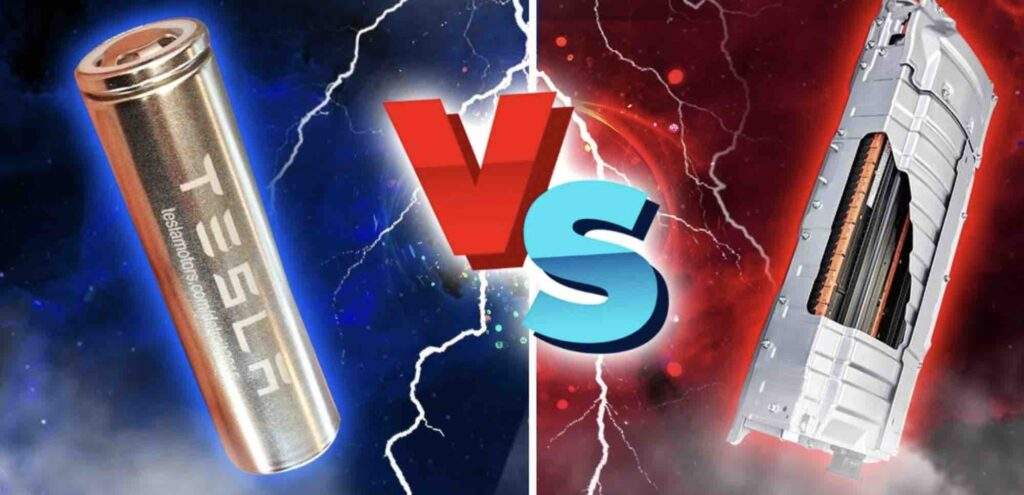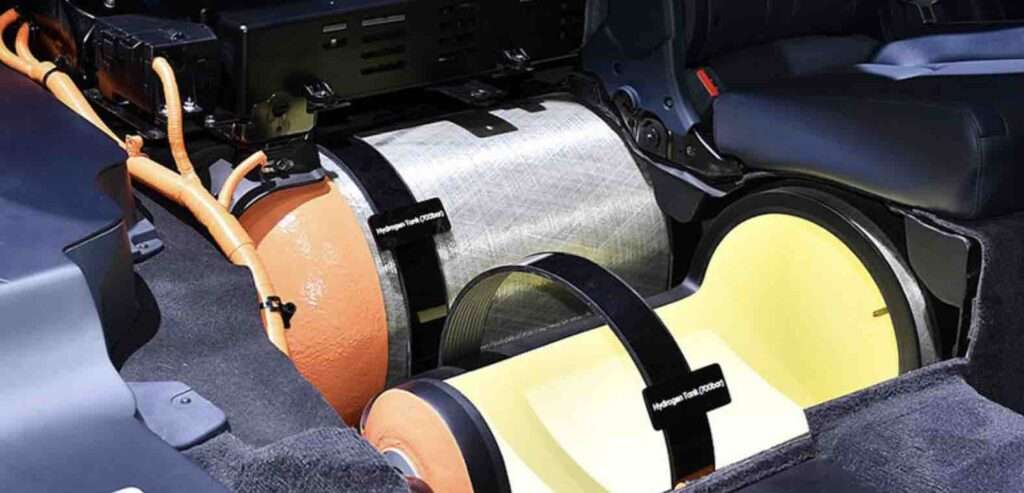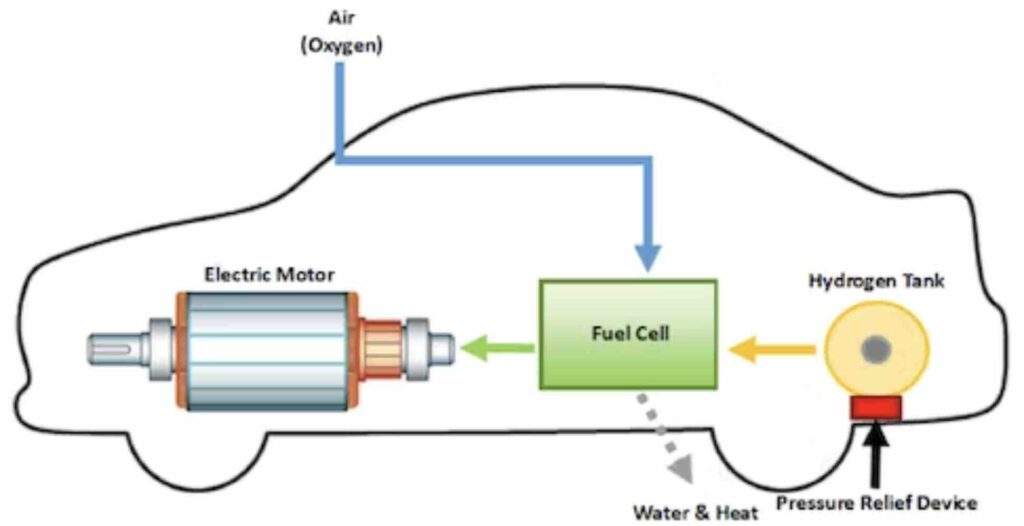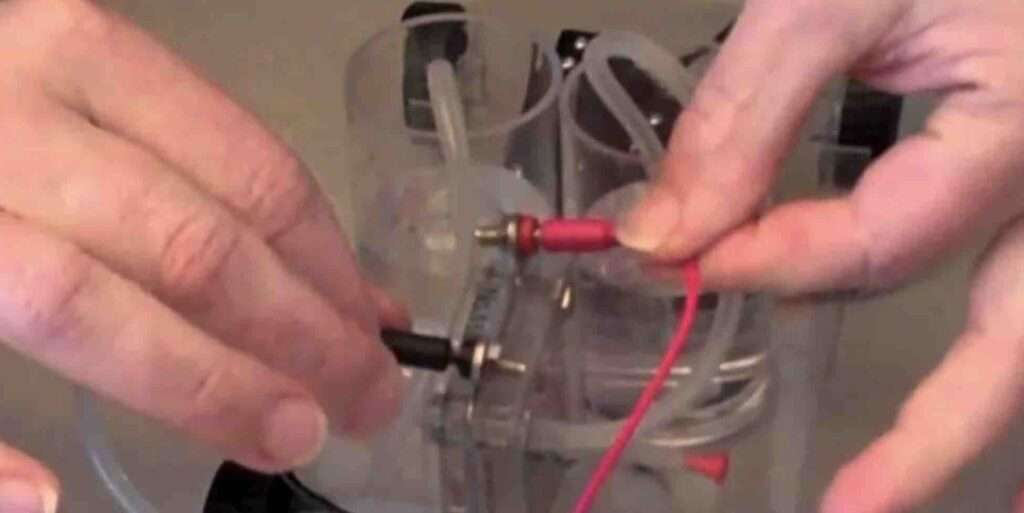When your car makes strange sounds when reversing and turning, you first need t get your car checked. It’s an obvious sign that your car is developing issues when you hear strange sounds while driving. Applying lubricants or having your engine examined by a mechanic are your main options to solve this issue.
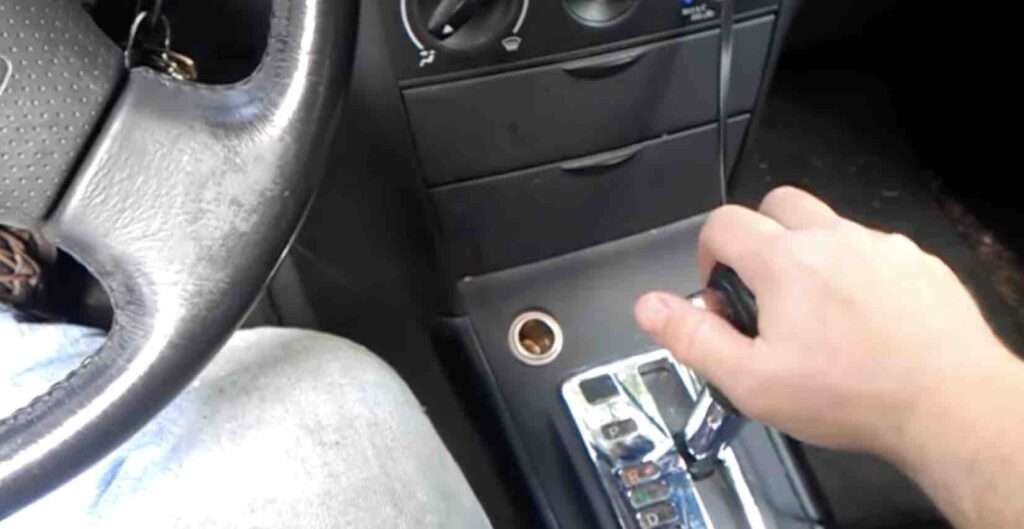
Loud noise when reversing and braking or turning
Several factors can cause your car to create loud or grinding noises when reversing and braking. It could be caused by a damaged braking system, a broken constant velocity joint, a sway bar bushing that is damaged, or even a dust shield that hits the brake rotor. However, running a quick checkup on your car is the quickest way to identify the underlying cause.
What Can Cause A Knocking Noise When Backing Up?
As a driver, you are bound to encounter the issue of brake knocking while reversing. The most frequently mentioned reason for this sound is worn-out rotors or drums, which can be easily replaced, though there are other potential causes as well.
In some instances, it can also be a sign that your brake system needs repair, your brake pads need to be replaced, or both. The best course of action is to take your car to a professional if your brakes are making a knocking noise. A professional will be able to find the cause of the issue and how to resolve it.
How to Diagnose Grinding Noise Issues in Your Car
The most practical method for inspecting your vehicle is to shift into first, second, and third gear while the engine is running. You have probably seen how mechanics identify problems by just listening to the car’s noise. By shifting gears, you will be able to monitor the condition of your car by the sounds it makes.
Additionally, as you turn and hear the sound, determine if it is coming from your car’s front or back. Before fixing your vehicle, you must first recognize the source of the problem to determine the best way to administer an effective solution.
Causes of Groaning Noise or Metal Grinding Noise When Reversing and Turning
This section will finally highlight some common reasons for groaning and grinding noises when reversing or turning.
1. Unstable Wheel Bearings
While driving, having unstable wheel bearings can cause your car to make grinding noises when turning or reversing. Between your car axle and the wheel, bearings function as a buffer. Your bearing is designed to prevent the two moving parts from rubbing against one another. Because of the friction caused by the wheel bearings, they will get worn out, which will, in turn, cause grinding noises when reversing.
2. Brake Disc Bushing
When turning and reversing, a damaged sway bar bushing may make grinding noises. Also, your car will make clunking or grinding noises if the sway bar bushing fails. Sway bar bushings are a type of rubber bushing that is used to lessen vibration and friction between moving parts. As they maintain the sway bar’s connection to the car’s frame, sway bar bushings serve as a buffer point for the vehicle.
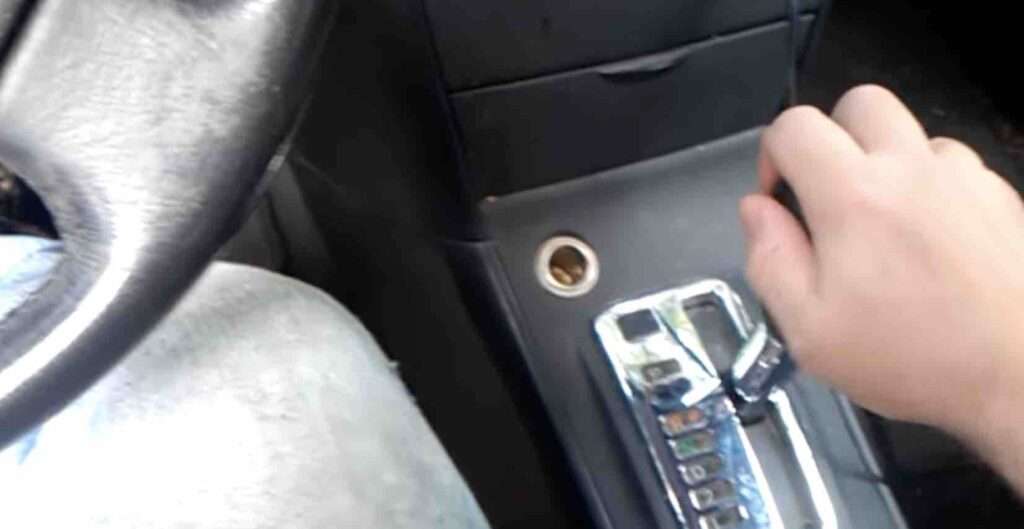
3. Unstable Retaining Clip
When reversing a car, if you discover that your light brake pedal pressure is frequently making a grinding sound, a damaged retaining clip could also be the cause. This happens when it snaps into the brake piston or when it gets a little bit loose. However, you can stop the sound temporally by applying more brake pressure since the brake pad will tightly compress the rotor.
4. Faulty motor mount
When reversing your car, your motor mounts are likely damaged if you hear a loud knock or grinding sound. Motor mounts perform the main function of isolating and absorbing the engine’s vibrations from the rest of the vehicle. They are often manufactured in the shape of rubber cushions. These cushions are mounted between the engine and the vehicle’s structure.
5. Defective alternator
An important indication that your car alternator is failing is grinding noises. Modern cars often make grinding noises when their alternator is damaged. An alternator issue can leave you stranded on the side of the road, this is something you wouldn’t want to experience. Alternator issues also lead to dead batteries because they will be unable to charge your car’s battery and operate the electrical system.
Common Cause of the Clunking Noise When Braking In Reverse
1. Poor Parking Pawl
When you put your automobile in the park, a parking pawl in automatic transmissions locks the wheels and transmission output shaft. When you put your automobile into a different gear, including reverse, it may make loud noises if the parking pawl is broken.
2. Unstable Exhaust
Your exhaust system may have become loose, which is another frequent cause of clunking sounds emanating from your car. One possibility is that the exhaust pipe became unfastened and hung awkwardly.
3. Faulty brake pad
Your brake pads are typically another cause of loud clunking sounds when your automobile is in reverse. Your disc brakes include brake pads, which help the automobile slow down by applying friction and pressure to the braking rotors. When brakes are applied, excessive movement caused by shifting brake pads might result in a lot of loud, clunky noises.
How to Fix Metal Grinding Noise When Reversing and Turning
Knowing where the issue is the first step in solving any noise. Due to the fact that all-wheel-drive vehicles have four CV axles, the noisy axle is replaced after being located.
Basically, to fix grinding noises, you should do any of the following;
- Lubricate the moving parts in your vehicle
- Take your vehicle to a professional mechanic for a check-up
- Fix or repair damaged parts that cause grinding noises
When the source of the problem has been identified, it will be easier to fix the issue. This is especially true for important car parts like your Brake rotor and pad. They will need to be replaced as soon as your brakes start to make noise.
Conclusion
Grinding noises are annoying to deal with, especially when you don’t have any experience with fixing them. Grinding sounds are usually symptoms of faulty or broken engine parts. When you hear them, it is advisable to get them fixed as soon as possible in order to prevent future issues.
Related article: Causes of 12 Volt Battery Charging System Problem & Fix
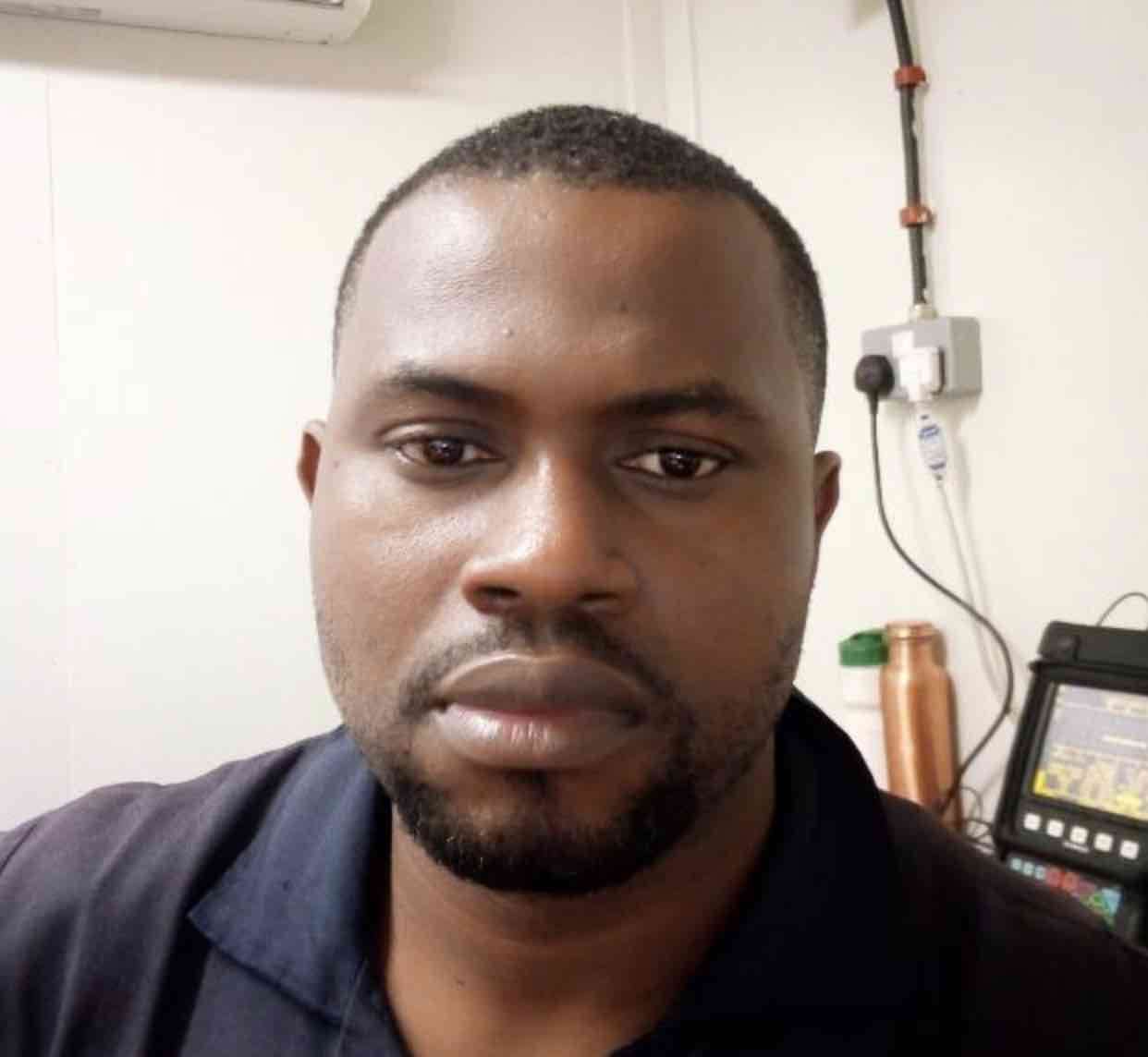
Uchenna is a Radiographer and Auto parts mechanic who recently got his automotive diploma as an auto repair technician, and since then, has worked on fixing various car problems.
Working as just a radiographer, Uchenna didn’t just get all the fulfillment he desired, because he truly loved doing things tilted toward cars. As a kid, he would take apart his toy cars to see how they worked and would spend hours tinkering with his bike.
So, in 2017 he made the tough decision to become an auto mechanic. He threw himself into his studies and now loves every aspect of what he does.
He gets to work with his hands, solving problems and bringing cars back to life, and sharing his knowledge and easy quick-fix guide online are all part of what makes him feel fulfilled.

